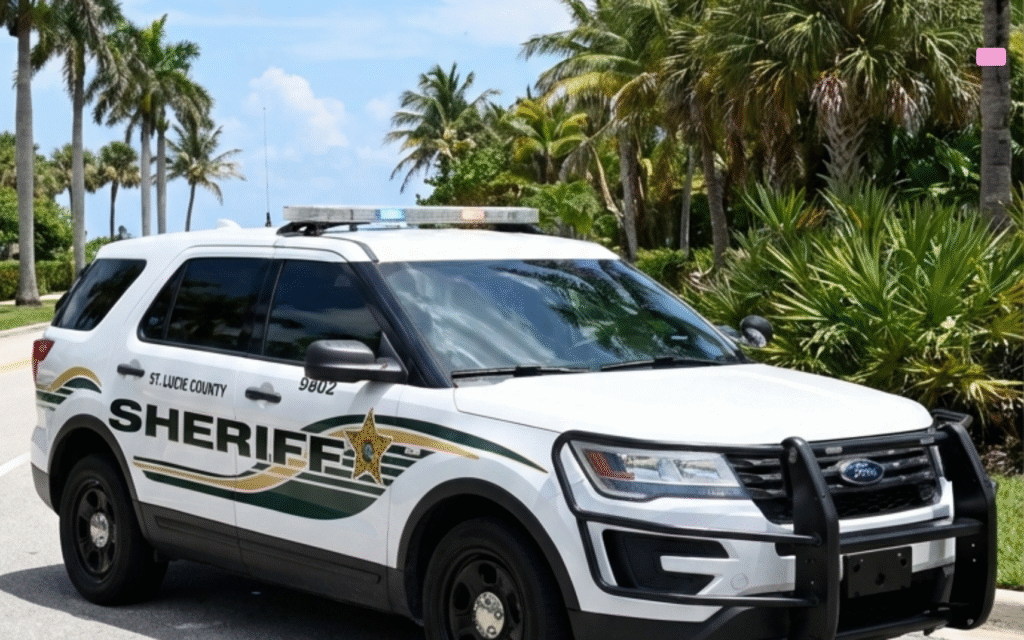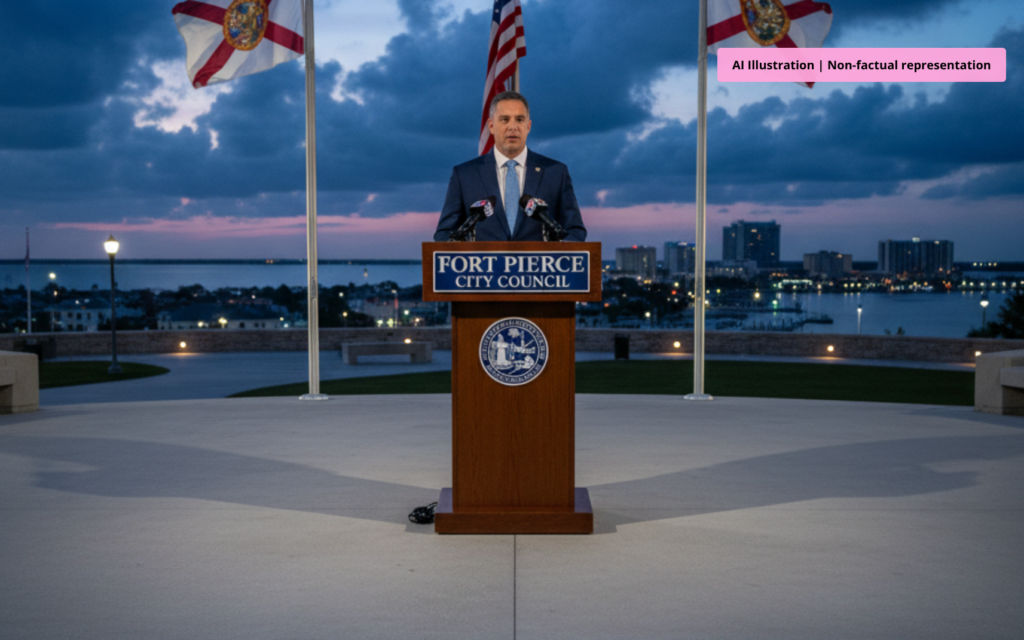Florida has enacted a statewide ban on adding fluoride to public drinking water, directly affecting Port St. Lucie and other communities. The new law, which takes effect on July 1, 2025, marks a significant change in public health policy and has prompted local utilities to adjust their water treatment operations.
Florida Fluoride Ban: Key Facts and Timeline
The Florida fluoride ban prohibits all municipalities, including Port St. Lucie, from adding fluoride to their public water supplies. According to state officials, this makes Florida the second state in the United States to implement such a measure. The law was signed in early 2025 and will be enforced starting July 1, 2025.
Under the new legislation, any utility that violates the fluoride ban could face fines of up to $5,000 per day. Cities and counties are also barred from putting the issue of water fluoridation to a local vote. The law further threatens loss of state grant funding for municipalities that challenge or ignore the ban, according to official state sources.
Impact on Port St. Lucie and Local Utilities
Port St. Lucie has already stopped fluoridating its water supply in anticipation of the statewide ban. City officials report that utilities are disposing of or repurposing remaining fluoride stocks. These changes are being made to ensure compliance with the new law and to avoid potential penalties.
According to utility data, the cost of purchasing fluoride for municipal use is about $1.80 per gallon. With the ban in place, water treatment facilities are adjusting their operations and updating protocols to exclude fluoride from the treatment process.
Wider Effects Across Florida
State agencies estimate that at least 900,000 Floridians have already lost access to fluoridated water, with more expected as the law is fully implemented. The ban is expected to impact both urban and rural communities, including those in St. Lucie County.
Other cities across Florida are also disposing of their fluoride supplies and updating their water treatment methods. According to the Florida Department of Environmental Protection, utilities are required to document compliance and report changes in their water treatment processes.
Background: Water Fluoridation in Florida
Community water fluoridation has been practiced in the United States for decades as a public health measure to prevent tooth decay and cavities. The Centers for Disease Control and Prevention (CDC) has long recommended maintaining optimal fluoride levels in drinking water to support dental health.
In recent years, some Florida utilities had already reduced or stopped fluoridation due to equipment issues or changing local policies. The Florida Surgeon General issued guidance against community water fluoridation, citing concerns about potential neuropsychiatric risks from fluoride exposure.
National Context and Related Actions
The Florida fluoride ban follows similar actions in Utah and reflects a broader national debate over water fluoridation. According to public health agencies, the decision was influenced by state-level guidance, political considerations, and public concerns about possible health risks.
Residents who wish to continue using fluoride for dental health must now seek alternatives, such as fluoride toothpaste or home water additives. The ban may disproportionately affect lower-income communities that have historically benefited most from community water fluoridation programs.
Debate Over Safety and Personal Choice
Public health and dental experts generally view the fluoride ban as a setback for oral health. They warn of an increased risk of cavities, especially among children and vulnerable populations. According to dental associations, community water fluoridation has been a key tool in reducing dental disease rates across the United States.
Some medical professionals and state officials support the ban, arguing that individuals should have the freedom to choose whether to consume fluoridated water. This perspective frames the issue as one of personal choice and bodily autonomy.
Ongoing Debate and Future Implications
The safety and efficacy of water fluoridation remain subjects of ongoing debate. Some cite decades of evidence supporting the benefits of fluoridation, while others raise concerns about potential health risks. According to the CDC, optimal fluoride levels in water have been linked to lower rates of dental cavities, but state health officials in Florida have expressed caution due to emerging research on possible side effects.
As the law takes effect, municipalities like Port St. Lucie are preparing for long-term changes in water treatment and public health strategies. Details may be updated as the situation develops and as more data becomes available from state and federal agencies.
Frequently Asked Questions About the Florida Fluoride Ban
What is the Florida fluoride ban and when does it start?
The Florida fluoride ban is a statewide law that prohibits adding fluoride to public drinking water. It takes effect on July 1, 2025, and applies to all cities and counties, including Port St. Lucie.
How does the fluoride ban affect Port St. Lucie residents?
Port St. Lucie residents will no longer receive fluoridated water from the city’s public supply. Those who want fluoride for dental health must use alternatives like toothpaste or home water additives.
Are there penalties for utilities that violate the fluoride ban?
Yes, utilities that add fluoride to drinking water after July 1, 2025, could face fines up to $5,000 per day. They may also lose access to state grant funding if they do not comply.
Can local communities in Florida vote to keep fluoride in their water?
No, the law prohibits cities and counties from putting water fluoridation to a local vote. The decision is enforced at the state level and cannot be changed by local governments.
Where can Port St. Lucie residents get fluoride now?
Residents can use fluoride toothpaste, mouth rinses, or home water additives. These products are available at most stores and can help maintain dental health in the absence of fluoridated public water.































